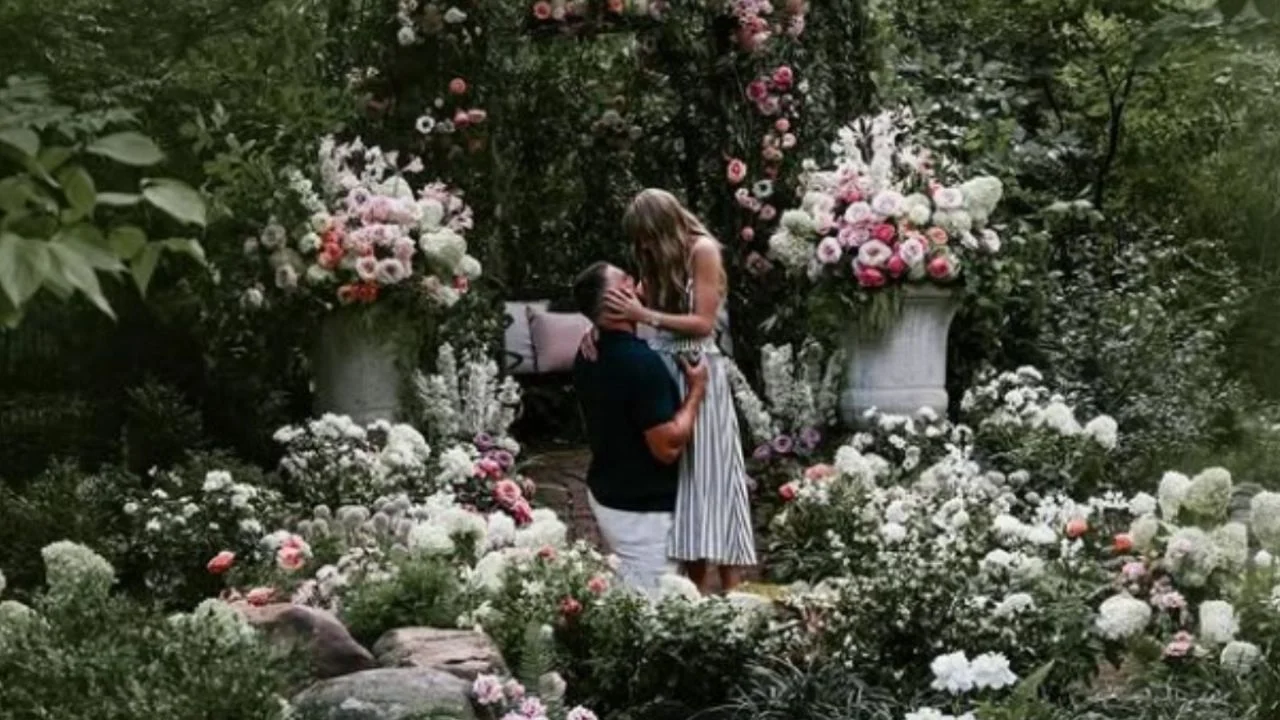A wave of online responses
Following the announcement of Taylor Swift and Travis Kelce’s engagement, many brands quickly joined the conversation on social media. Companies across industries — from food and fashion to travel — shared congratulatory messages, creative visuals, and themed promotions.
Some brands launched symbolic discounts inspired by Swift’s well-known number 13, while others incorporated product references into memes and playful captions. These strategies aimed to connect with fans while leveraging the widespread excitement surrounding the couple.
Pop culture as a marketing strategy
Marketing experts point out that participating in cultural moments helps brands remain visible and strengthen relationships with consumers. The most effective examples tend to combine authenticity with commercial sense. One fashion retailer sold out a dress worn by Swift in her engagement photos within minutes after offering a limited-time discount. Similarly, a coffee chain linked its seasonal campaign to the engagement news, sparking engagement across platforms.
Risks of overexposure
However, analysts caution that excessive brand participation in cultural events can lead to audience fatigue. With so many companies eager to capitalize on trends, the constant flow of posts risks overwhelming consumers, potentially resulting in indifference rather than engagement.
What brands can learn
Experts suggest that the most successful strategies are those that align with a brand’s identity while contributing meaningfully to the cultural moment. Authenticity and timing remain crucial factors. Brands that simply follow trends without offering relevance may struggle to maintain audience interest, while those that integrate naturally into the conversation are more likely to achieve lasting impact.







